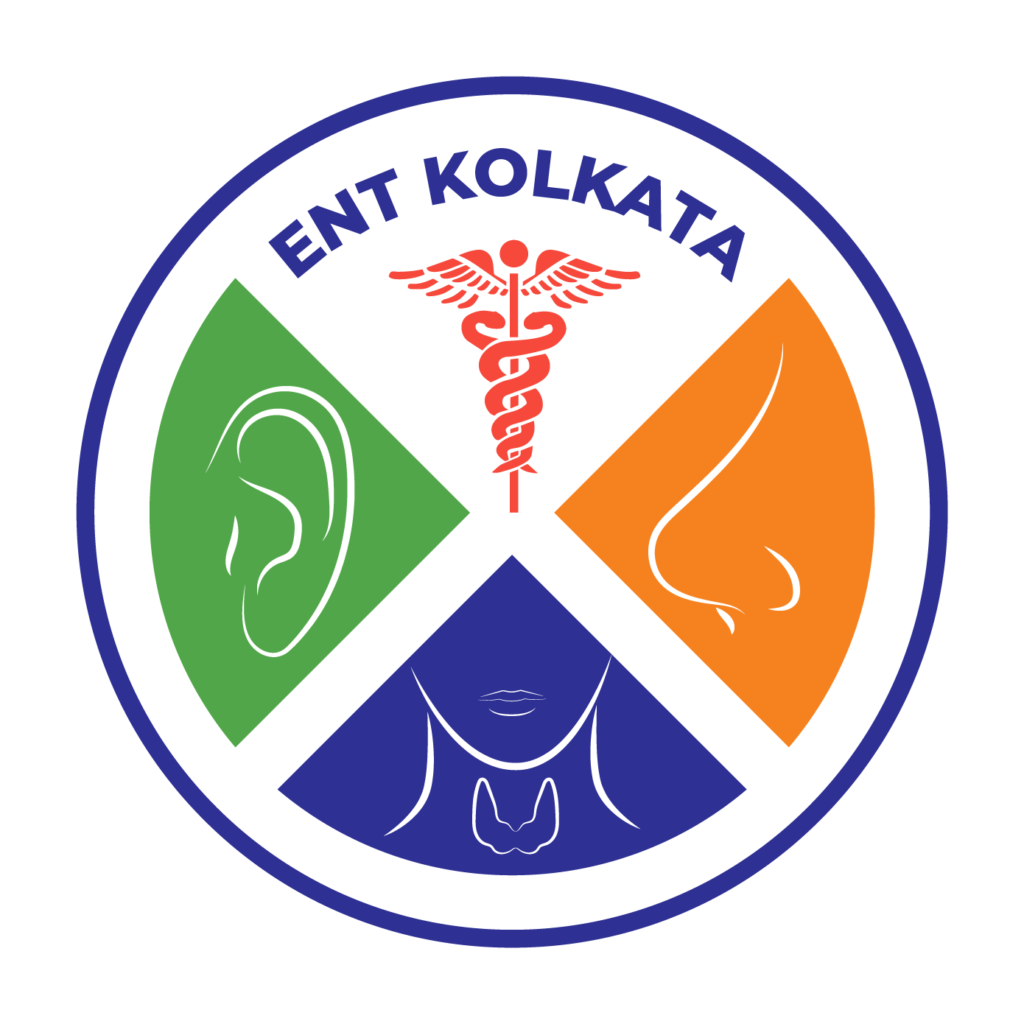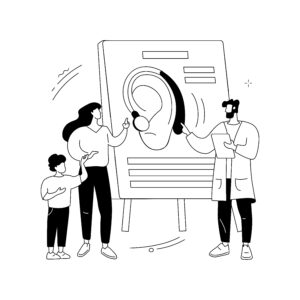- August 22, 2024
- admin
- 0
How to Manage ENT Health During Kolkata’s Allergy Season
For individuals suffering from ENT (ear, nose, and throat) conditions, controlling allergens is essential since allergic reactions can worsen symptoms pertaining to these conditions. This thorough guide will assist ENT patients in managing their allergies. Remember to prioritise regular ENT check-ups with an ENT Specialist in Kolkata and seek prompt medical attention for any concerning symptoms.
Kolkata’s allergy season can pose significant challenges for ENT health, with increased pollen, dust, and other allergens exacerbating symptoms. Here’s how to effectively manage your ENT health during this period:
1. Identify and Avoid Allergens – ENT Kolkata
Common Allergens:
- Pollen: Trees, grasses, and weeds release pollen, especially during spring and early summer.
- Dust Mites: Present in bedding, carpets, and upholstery.
- Mold: Found in damp areas or during the rainy season.
- Pet Dander: Skin flakes and saliva from pets.
Avoidance Tips:
- Keep Windows Closed: Prevent allergens from entering your home.
- Use Air Purifiers: HEPA filters can help reduce airborne allergens.
- Clean Regularly: Dust and vacuum frequently using a vacuum with a HEPA filter.
2. Practice Good Personal Hygiene
After Exposure:
- Shower Frequently: Wash off pollen and allergens from your skin and hair after spending time outdoors.
- Wash Hands and Face: Reduce the risk of transferring allergens to your eyes and nose. ENT Specialist in Kolkata.
Daily Routine:
- Change Clothes: Change out of clothes that have been outside and wash them regularly.
- Use Allergy-Proof Bedding: Employ dust mite-proof covers for pillows and mattresses.
3. Manage Symptoms with Medications
Over-the-Counter Options:
- Antihistamines: Help alleviate sneezing, itching, and runny nose.
- Nasal Corticosteroids: Reduce nasal inflammation and congestion.
- Decongestants: Provide relief from nasal congestion but use with caution.
Consult a Specialist:
- Allergist: For allergy testing and tailored treatment plans, including immunotherapy (allergy shots).
- ENT Specialist: For managing chronic symptoms or complications related to the ears, nose, or throat.
4. Use Nasal Irrigation
Saline Rinses:
- Nasal Spray or Neti Pot: Flush out allergens and mucus from nasal passages to alleviate congestion and irritation.
5. Maintain a Healthy Environment
Indoor Air Quality:
- Control Humidity: Use dehumidifiers to prevent mold growth.
- Avoid Indoor Smoking: Smoke can irritate your respiratory system and worsen symptoms.
Lifestyle Adjustments:
- Avoid Outdoor Activities: Limit outdoor exposure during high pollen times.
- Stay Hydrated: Drink plenty of fluids to help thin mucus and keep nasal passages moist.
6. Consider Home Remedies
Herbal Teas:
- Anti-Inflammatory Options: Herbal teas like ginger or chamomile can soothe the throat and reduce inflammation.
Steam Inhalation:
- Relieve Congestion: Inhaling steam from a bowl of hot water can help open nasal passages and ease sinus pressure. ENT Specialist in Kolkata.
7. Seek Professional Help When Needed
When to Consult a Specialist:
- Persistent Symptoms: If symptoms do not improve with over-the-counter treatments or lifestyle changes.
- Severe Reactions: Such as difficulty breathing, significant swelling, or severe sinus pain.
- Chronic Conditions: If there is a need for advanced diagnostic tests or surgical options.
By taking these proactive steps, you can better manage your ENT health during Kolkata’s Allergy Season, reduce the impact of allergens on your daily life, and maintain overall well-being.
Consult an ENT Specialist in Kolkata: If allergies are significantly disrupting your daily life, consider consulting with an ENT Specialist Doctor in Kolkata. They can provide tailored treatment plans and management strategies to help alleviate your symptoms and improve your overall well-being. Struggling with allergies in Kolkata? Discover expert tips and advice from ENT specialists in Kolkata to protect your ears, nose, and throat during the allergy season.
Remember: Effective allergy management often involves a combination of avoidance techniques, medications, and lifestyle adjustments. Collaborating with your healthcare provider is crucial to developing a personalized plan that addresses your unique needs and helps you navigate the allergy season comfortably.

